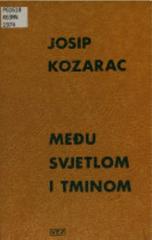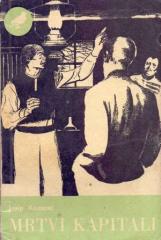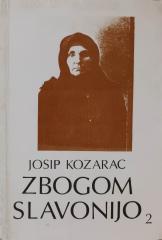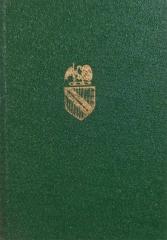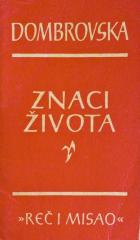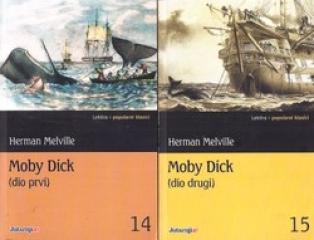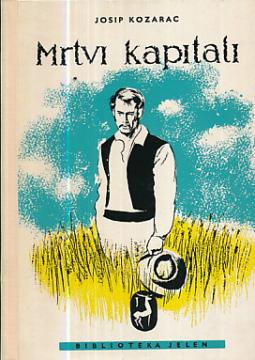
Mrtvi kapitali
"Dead Capitals" (1890) is one of the most important works of Croatian realism and a strong critique of the social stagnation of the time. The novel shows the economic and social neglect of Slavonian villages under the Austro-Hungarian Empire through the c
Đuro, an educated returnee from abroad, comes to his native region with the aim of modernizing forestry and agriculture, but he faces inaction, ignorance and resistance from the local population. His attempts to raise awareness about the exploitation of natural resources encounter obstacles due to the greed of the rich, the neglect of the village and the carelessness of state institutions.
The very title of the novel tells us how Kozarac was preoccupied with the uncultivated, dead land that awaits a man, a hardworking farmer who will cultivate it. He called it “dead capital”. The plot is based on the fate of two sisters and a love story. Through the plot of the novel, Josip Kozarac wanted to show the contrast between the village and the city. According to him, the village is described as a place where sincere feelings, happiness and purity prevail, while the city is a place of idleness and decadence.
Two copies are available
Copy number 1
- Traces of patina
- Signature of previous owner
Copy number 2
- Traces of patina
- Signature of previous owner
